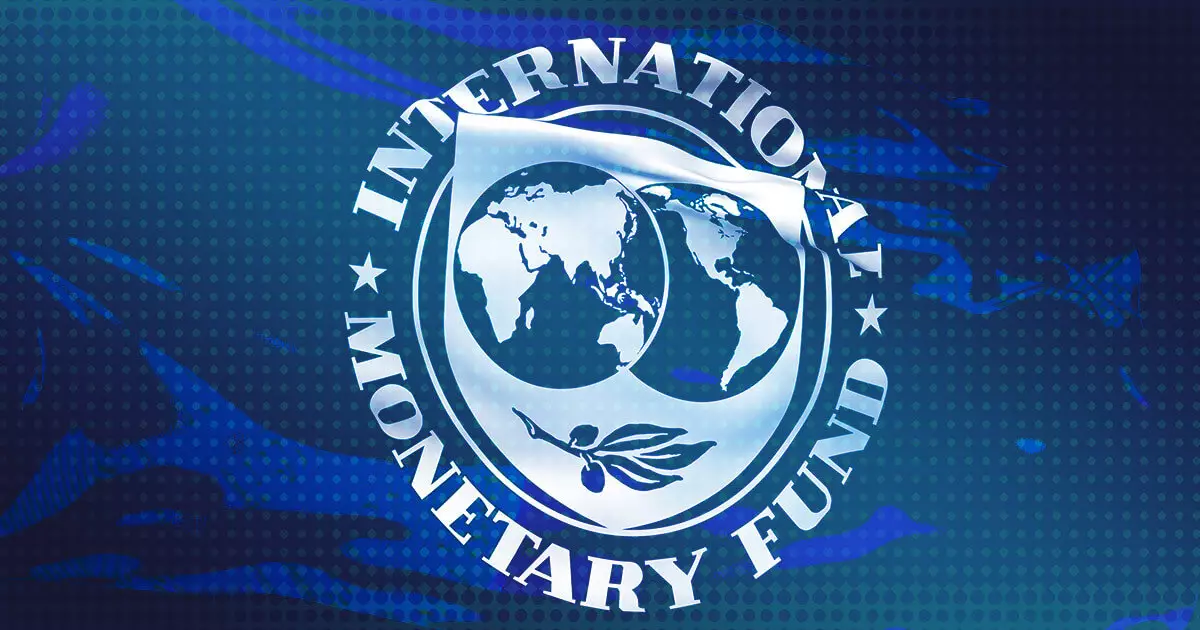The International Monetary Fund (IMF) has recently released a consultation report recommending that Nigeria should regulate the use of digital assets by licensing international crypto exchanges. This move is aimed at enhancing economic stability in the country while also improving its standing within the African crypto sector. The IMF advises strict adherence to regulatory standards, particularly focusing on Anti-Money Laundering and Countering the Financing of Terrorism protocols.
The IMF’s proposal suggests that licensing international crypto exchanges in Nigeria would help in attracting foreign investment and enhancing remittance processes. This is particularly important for Nigeria, given its significant expatriate population. The IMF believes that through proper regulation, cryptocurrencies can provide tools for more secure and efficient transaction processes. This would, in turn, help in curbing illegal financial activities and decrease the risks of fraud and money laundering associated with digital currencies.
The report also highlights the potential role of digital currencies in fostering financial inclusion. It emphasizes how digital finance can support economic growth and improve access to financial services for the unbanked population in Africa. The IMF sees the regulated use of digital assets as a way to enhance control over digital financial transactions and reduce the risks associated with using cryptocurrencies.
Nigeria has been experiencing a significant regulatory crackdown on crypto and P2P trading in recent weeks. The government’s concerns over the volatility in the foreign exchange market, attributed to speculative activities in crypto trading, have been the driving force behind this crackdown. The Central Bank of Nigeria has specifically pointed out “pump-and-dump” schemes in the P2P trading sector as problematic, accusing traders of manipulating the naira through speculative strategies.
A major development in the crackdown involved actions taken against Binance, one of the largest crypto exchanges globally. Nigerian regulators accused the exchange of facilitating $26 billion in untraceable transactions, which resulted in the arrest of two executives and the freezing of over 1,000 bank accounts linked to P2P crypto transactions. In response to these crackdowns, Nigeria’s crypto traders have increasingly moved their operations underground, utilizing informal channels such as WhatsApp and Telegram for P2P trading with non-custodial or self-custody crypto wallets.
The IMF’s recommendation for Nigeria to embrace the regulated use of digital assets by licensing international crypto exchanges presents both opportunities and challenges for the country. While it could attract foreign investment, enhance remittance processes, and foster financial inclusion, strict adherence to regulatory standards will be crucial to mitigate the risks associated with cryptocurrencies. Despite the recent crackdown on crypto in Nigeria, the underground trading activity indicates the resilience of the crypto community in the face of regulatory challenges.


Leave a Reply